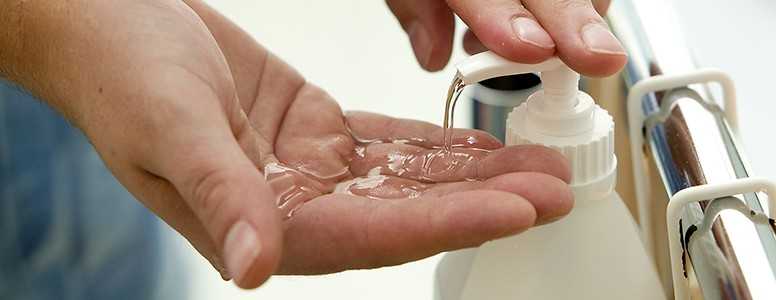A new study suggests that prolonged exposure to toxins produced from certain bacteria could cause type 2 diabetes.
Microbiologists from the University of Iowa observed that rabbits developed symptoms of type 2 diabetes, such as insulin resistance and glucose tolerance, following exposure to a toxin produced by Staphylococcus aureus (staph) bacteria.
A previous study by the team, led by Patrick Schlievert, PhD, professor and DEO of microbiology at the UI Carver College of Medicine, found that the immune system is disrupted by toxins produced by all strains of bacteria, known as superantigens.
The team’s most recent study on rabbits coincided with examining staph colonisation levels of four patients with diabetes. The team believe superantigen exposure among people heavily colonised by staph is comparable to the superantigen doses that led to rabbits developing symptoms of diabetes.
Schlievert said: “We basically reproduced type 2 diabetes in rabbits simply through chronic exposure to the staph superantigen. I think we have a way to intercede here and alter the course of diabetes.”
Type 2 treatment
“What we are finding is that as people gain weight, they are increasingly likely to be colonized by staph bacteria – to have large numbers of these bacteria living on the surface of their skin,” added Schlievert.
His team suggest these findings could lead to therapies aimed at preventing or treating type 2 diabetes by neutralising superantigens. They are planning to test how a topical gel containing glycerol momolaurate, which kills staph bacteria, could eliminate it from human skin.
“We are working on a vaccine against the superantigens and we believe that this type of vaccine could prevent the development of Type 2 diabetes,” Schlievert added.
The results of this study appeared in the journal mBio.
What's new on the forum? ⭐️
Get our free newsletters
Stay up to date with the latest news, research and breakthroughs.






